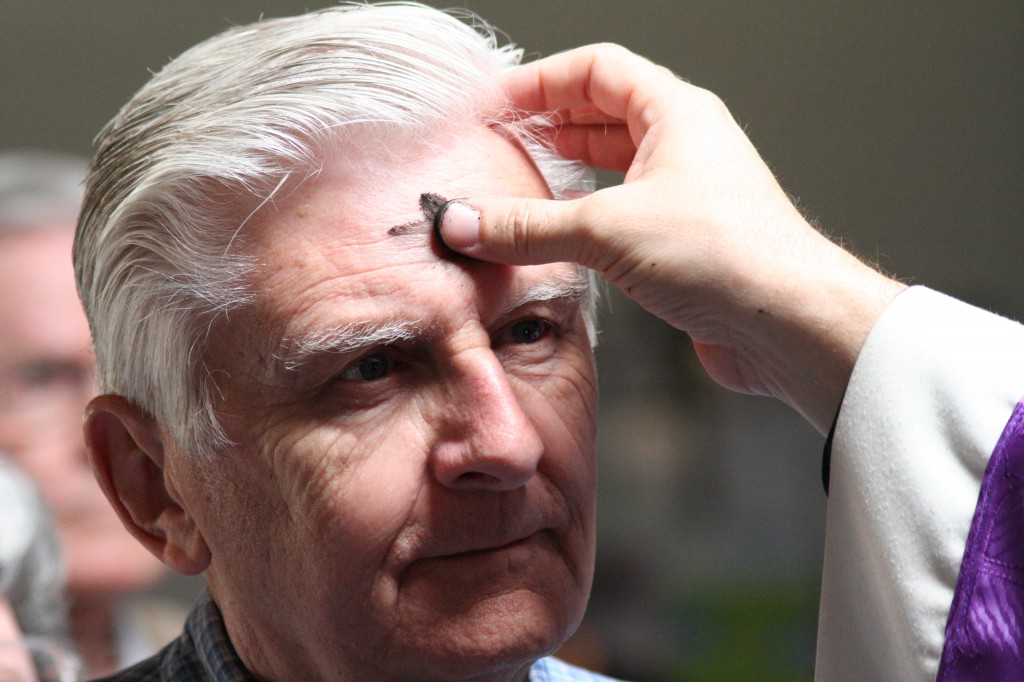Yet we don't suffer without hope. We don't experience resurrection yet but we know it is coming. So we have some readings that feel like Easter readings but they are in lent. They belong in lent. In lent we need to walk by faith and not by light but an important part of that faith is that all our sufferings will be turned to joy one day.
Jesus suffers in the story of Lazarus. It says over and over again how He loved Lazarus. He weeps. At one point He "became perturbed and deeply troubled." Jesus knows what is going to happen. He is going to raise Lazarus from the dead. Still He takes His time to weep with Mary and Martha. He lets the Jews question His power. Lazarus is dead 4 days. He could have prevented the death. Martha even says, "Lord, if you had been here, my brother would not have died."
There is a question behind that statement. Why? Why were you not here? We sent for you. You came but not in time. You love us yet when we needed you most you were not here. Where were you? We tend to ask God that question to. When something bad happens, especially something we have prayed would not happen, then we wonder. What is going on?
Jesus does not tell her why. Instead He make a huge claim
I am the resurrection and the life; whoever believes in me, even if he dies, will live, and everyone who lives and believes in me will never die. Do you believe this?The claim of resurrection is in the Old Testament. The first reading from Ezekiel is a good example. Yet Jesus centers the resurrection not on God's promise but on Himself. Believing in Jesus is the difference between life and death. Believing here is not just a simple intellectual ascent. It implies an obedience. See this.
The point is that if we believe this, as Martha does, then it should change the way we process funerals. By extension it should change the way we process all suffering. It is temporary. We are made for a world where this does not happen. We still weep. We weep because we love. If we care for someone then it hurts us when something bad happens to them.
Still we are comforted by two things. First, God weeps with us. He is not distant. He does not lack understanding. He loves more than we love so He hurts more than we hurt. Secondly, we can be comforted that the resurrection is coming. That is to say Jesus is coming because He is the resurrection. We know the suffering will end and we know justice will be done.
There is an interesting connection between last weeks gospel and this weeks. Some scholars have suggested that Lazarus was disabled. They base this on the fact that the house where Mary, Martha and Lazarus lived was not referred to as the house of Lazarus but the house of Martha. Why not? In those days, when there was a man living in the house it was referred to as his house. One explanation is that he was physically or mentally disabled. Obviously last week we had a blind man at the center of the story. So the church is being led to focus on two handicapped people at this important time of the year.
It also puts another twist on Jesus strong emotions around this event. Three times we are told Jesus loved Lazarus. Jesus loves everyone. Still it is worth noting that He loves the disabled. We think so much about how God can use our abilities. We should probably think more about how He can use our disabilities. Is there any area where you lack talent? That is a disability in the broad sense of the term. Maybe that is the way God will use you to bless others. Maybe it is singing to your kids when you can't hold a tune or sharing your faith in front of a crowd when you hate public speaking. Sometimes our willingness to embarrass ourselves makes a stronger impression than when we play to our strengths.












